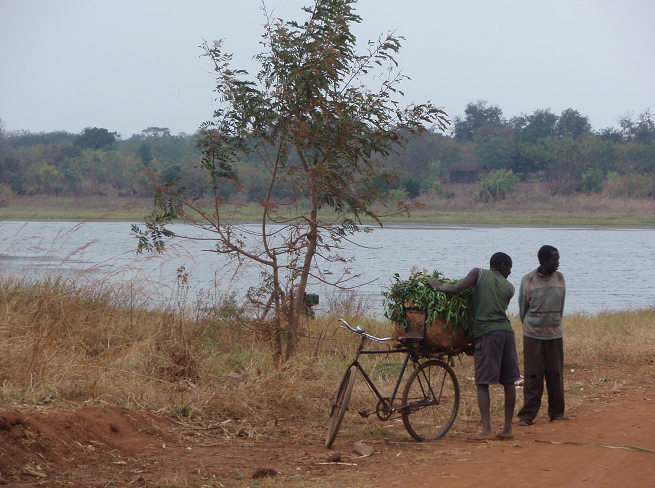A new paper “Can insurance catalyse government planning on climate? Emergent evidence from Sub-Saharan Africa” has just been published in the journal World Development. The paper, led by Swenja Surminski with Jon Barnes and Katharine Vincent, is an output of the recently-finished Future Climate for Africa programme.
This paper explores how climate risk information produced in the context of insurance-related activities can support public climate adaptation planning. The insurance industry has the potential to catalyse greater use of climate information, either through existing insurance transactions or through capacity building and investment in data sharing and collaboration.
The paper investigates the interplay of climate risk information and insurance processes from two angles: the use of climate risk data by those who provide insurance – with information as an input to the underwriting process; and the catalyst role of insurance for governments to move towards anticipatory climate risk management. It applies a multi-method approach, combining insights from a survey of 40 insurance experts with key informant interviews and document analysis from three complementary case studies: indemnity-based insurance of private assets in South Africa; parametric sovereign risk pool in Malawi; and collaboration on risk analytics and risk management advice (no insurance) in Tanzania.
The analysis offers a new perspective on the catalyst role of insurance by focusing on the ways in which political economy factors, particularly incentives and relationships, influence this process. Overall, there appears to be clear scope for a dynamic interaction between insurers and governments where symbiotic use and generation of climate risk information can advance mutual goals. However, that ambition faces many challenges that go beyond availability and suitability of data. Limited trust, unclear risk ownership and/or lack of incentives are key barriers, even if there is risk awareness and overall motivation to manage climate risks. The three cases show the importance of sustained cross-sectoral collaboration and capacity building to increase awareness and utilisation of insurance-related climate risk information.

